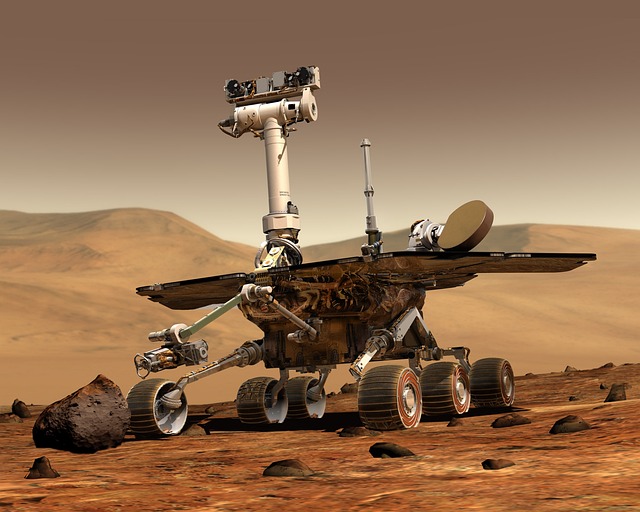In an age where technology rapidly evolves, the intersection of cognitive science with robotics, artificial intelligence, and business automation is forging new pathways for learning. Imagine a world where machines not only perform tasks but also adapt and respond to human thought processes. This synergistic relationship is not merely a fantasy; it is becoming a reality through innovative research and applications in cognitive science.
Robotics has emerged as a pivotal force in our educational landscape. The introduction of robotic tutors and assistants in classrooms empowers students by providing personalized, interactive learning experiences. These robots analyze students’ learning patterns, adapting their teaching methods to suit individual needs. Imagine a STEM class where a robot helps students grasp complex programming concepts or even encourages a shy child to participate in group discussions. This is the embodiment of cognitive science, utilizing machine learning algorithms to tailor educational approaches based on cognitive responses.
Artificial intelligence (AI) plays an equally crucial role in advancing our learning systems. AI-driven platforms are revolutionizing how we acquire knowledge, making education more accessible and efficient. Through the analysis of vast amounts of data, AI can predict learning outcomes, identifying areas where students struggle the most and offering targeted resources to address these challenges. Picture a student struggling with algebra; AI can automatically provide additional tutorials, exercises, or even virtual tutor sessions, all while adapting to the student’s unique learning pace. This fusion of cognitive science and AI brings a new dimension to education, akin to having a personal coach guiding learners through their academic journey.
In the realm of business, automation is transforming the workforce and redefining the skills required in today’s economy. As companies implement intelligent systems to handle routine tasks, employees focus more on critical thinking, problem-solving, and creativity. Here, cognitive science offers insights into how we learn and adapt within this changing environment. It helps organizations understand employee behavior, optimize training programs, and ultimately create more engaging learning experiences in the workplace.
Moreover, the ability to leverage automation and AI in business is reshaping corporate training. Organizations are investing in learning platforms that integrate cognitive science principles, ensuring that employees not only acquire new skills but are also equipped to navigate the complexities of modern workplaces. Consider a training program that uses gamification—an approach rooted in cognitive science—to enhance employee engagement and retention. Such programs make learning dynamic and enjoyable, fostering a culture of continuous improvement and innovation.
As we forge ahead, the impact of cognitive science on robotics, artificial intelligence, and business automation will continue to broaden our horizons. The blending of human cognition with machine intelligence promises a future where learning is not only more effective but also profoundly enriching. This evolution reminds us of the boundless possibilities when we harness technology, allowing it to facilitate our innate desire to learn and grow.




